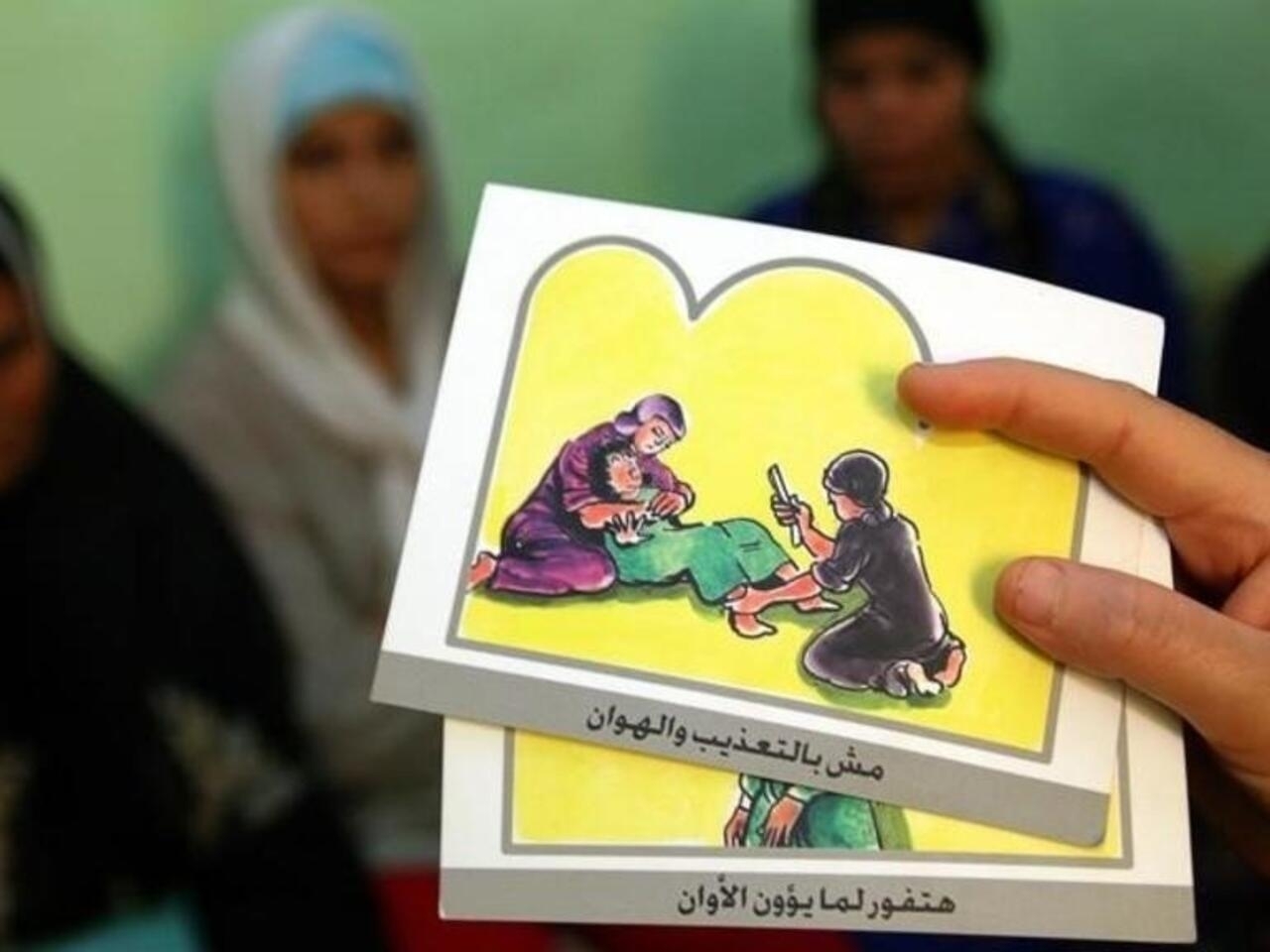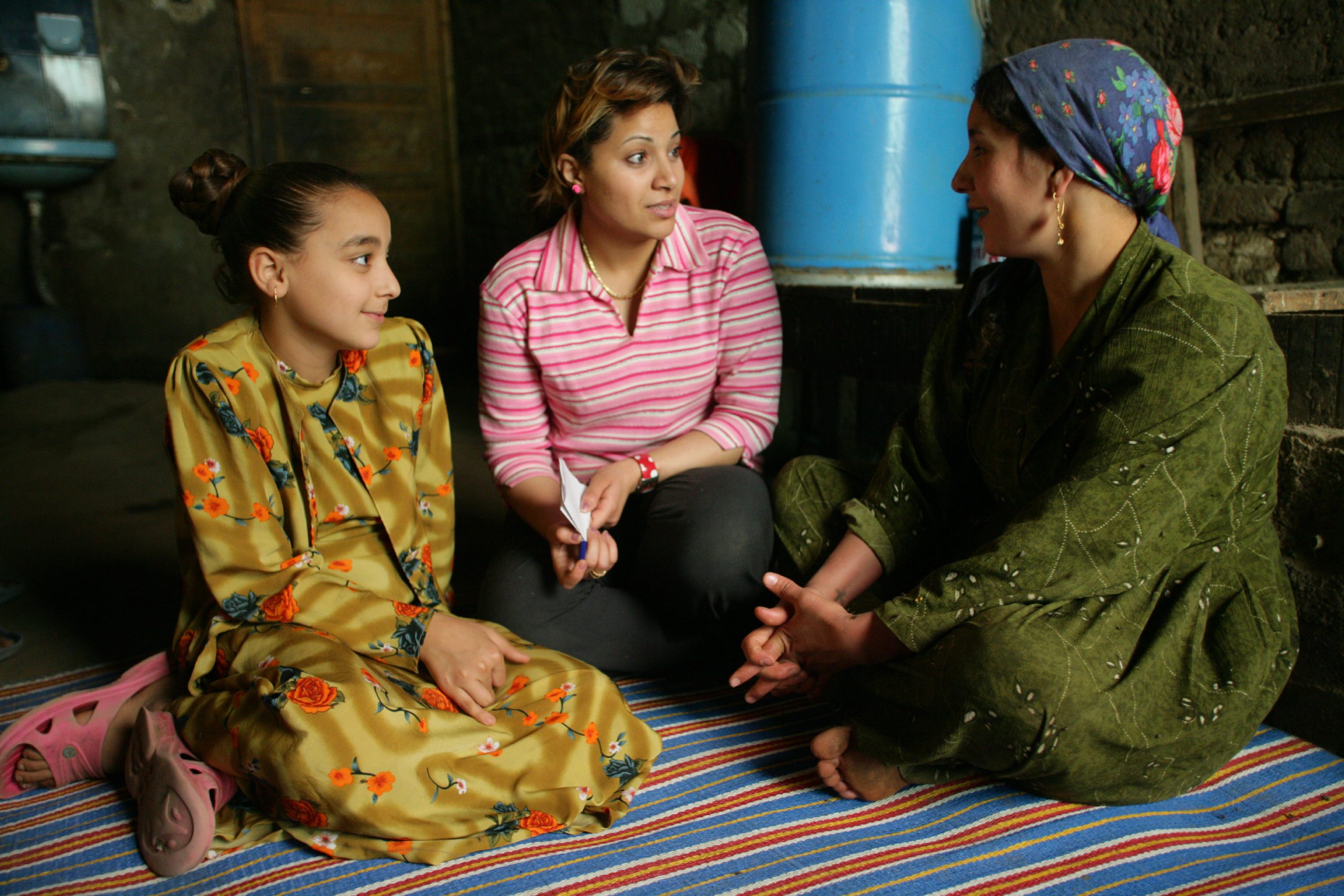On Tuesday 6 February, the world comes together to observe The International Day of Zero Tolerance for Female Genital Mutilation (FGM). This day, recognized by the United Nations, aims to amplify efforts and direct attention toward eliminating this harmful practice. Female genital mutilation is a violation of human rights and the health and integrity of girls and women.
The United Nations, in collaboration with organizations like UNFPA and UNICEF, leads a global program to accelerate the elimination of FGM. The joint program focuses on 17 countries in Africa and the Middle East, supporting grassroots organizations, coalitions, and survivor-led movements. These initiatives advocate for changes in policies, laws, and social norms, with the goal of ending FGM by 2030.
Let’s delve into the roots of FGM in Egypt and explore recent efforts to combat this phenomenon.
Egypt’s Battle Against Female Genital Mutilation
Egypt has a complex history when it comes to FGM. According to the Egyptian Family Health Survey, a staggering 86 percent of Egyptian married women between the ages of 15 and 49 have undergone FGM, 74 percent of whom by doctors. Although attitudes towards circumcision have shown positive changes, there is still widespread support for the continuation of this practice.
FGM in Egypt is deeply rooted in cultural and religious beliefs. While efforts have been made to combat FGM, including the criminalization of the practice in 2008, no convictions have been made under the law. Additionally, the formation of Child Protection Committees and regional conferences, such as the Cairo Declaration+5, have aimed to address FGM comprehensively.
Tragically, in 2020, a 12-year-old girl named Nada Abdul Maksoud from the Assiut governance of Upper Egypt lost her life due to complications arising from FGM. The procedure was carried out by a retired doctor in a clinic, resulting in severe consequences that led to her passing away. Additionally, in 2016, a 17-year-old girl named Mayar Mohamed Mousa lost her life during an illegal surgery performed by doctors. Despite the ban on FGM in Egypt, the practice remains prevalent, leading to irreversible harm.

Religious leaders in Egypt have played a significant role in condemning FGM. The Grand Mufti Ali Gomaa issued a Fatwa against FGM, stating that it has no basis in Islamic Sharia. The Egyptian Ministry of Health has also banned the practice in governmental and non-governmental hospitals and clinics.
Recent initiatives and campaigns have further raised awareness and contributed to combating FGM in Egypt. UN Women, in collaboration with national committees and organizations, has supported the National Mega-Campaign on Combatting FGM. These efforts have reached millions of people across Egypt, providing them with information about FGM as a harmful practice and protection methods, including in the context of the COVID-19 pandemic.
Engaging Men in the Fight Against FGM
There is a growing consensus that highlights the urgent need for a comprehensive societal effort in Egypt to tackle the alarming prevalence of FGM. The argument states that it is unfair to solely hold women accountable for fixing this issue, as it is a crime against women that is happening to them. In order to make significant progress, men must also be included in the conversation as their involvement is crucial for meaningful change.
However, it is not just about men’s participation; they must also actively listen. The conversation surrounding FGM in Egypt should challenge the taboo surrounding women’s autonomy and their right to sexual openness.
Achieving an end to FGM requires a sexual revolution where women assert their ownership over their bodies and their right to experience pleasure. By breaking free from these societal barriers, Egypt can work towards eliminating FGM and creating a more equitable and empowered society for all.
Female genital mutilation remains a global challenge, but progress is being made. The International Day of Zero Tolerance for Female Genital Mutilation serves as a reminder of the urgent need to continue working towards its elimination. Egypt’s efforts to combat FGM, mainly focuses on legal measures, religious condemnations, and awareness campaigns.
Nonetheless, sustained and coordinated efforts, involving whole communities and addressing human rights, gender equality, and sexual education, are crucial to ending this harmful practice.







Comment (1)
[…] ظهرت في الأصل على […]